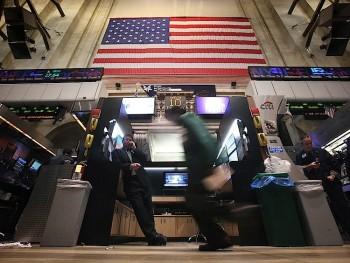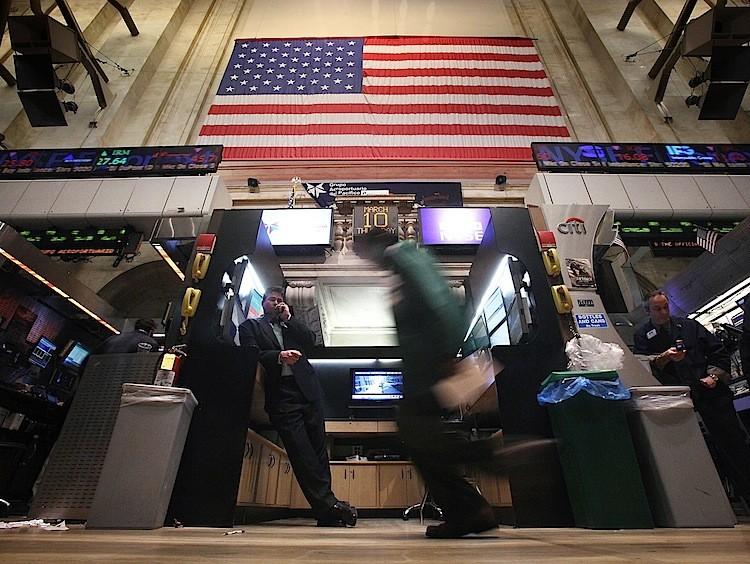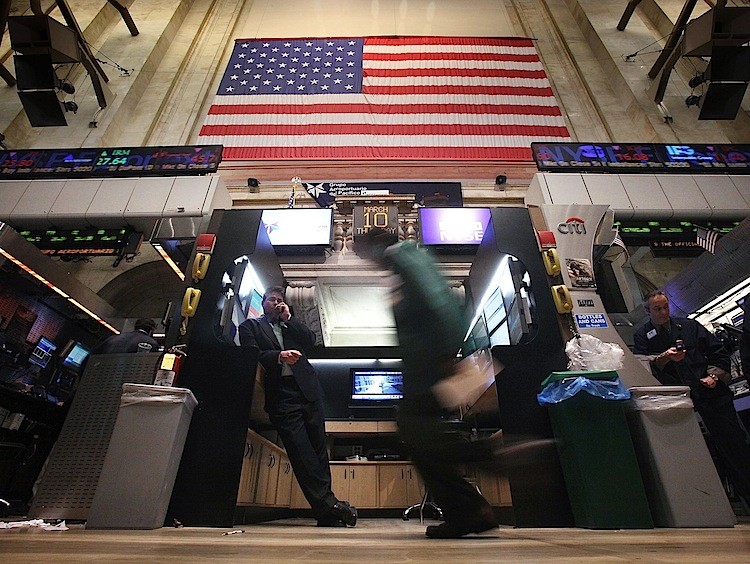Chinese Stocks: Crouching Profits, Hidden Danger
In the beginning of June, short seller Muddy Waters Research released a report that reduced the value of Sino-Forest stocks to a sliver of their May prices. The ripples were felt by other Chinese companies listed in North American stock markets, many of which saw their stock values drop.

Traders work on the floor of the New York Stock Exchange in early 2011. In the beginning of June, short seller Muddy Waters Research released a report that dramatically reduced the value of Sino-Forest stock. This was just the first of several Chinese companies being assessed by Muddy Waters. Mario Tama/Getty Images
|Updated:





